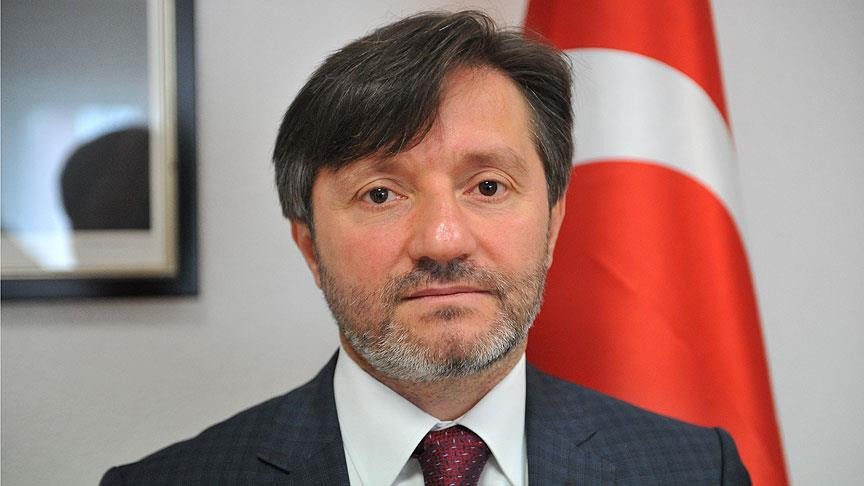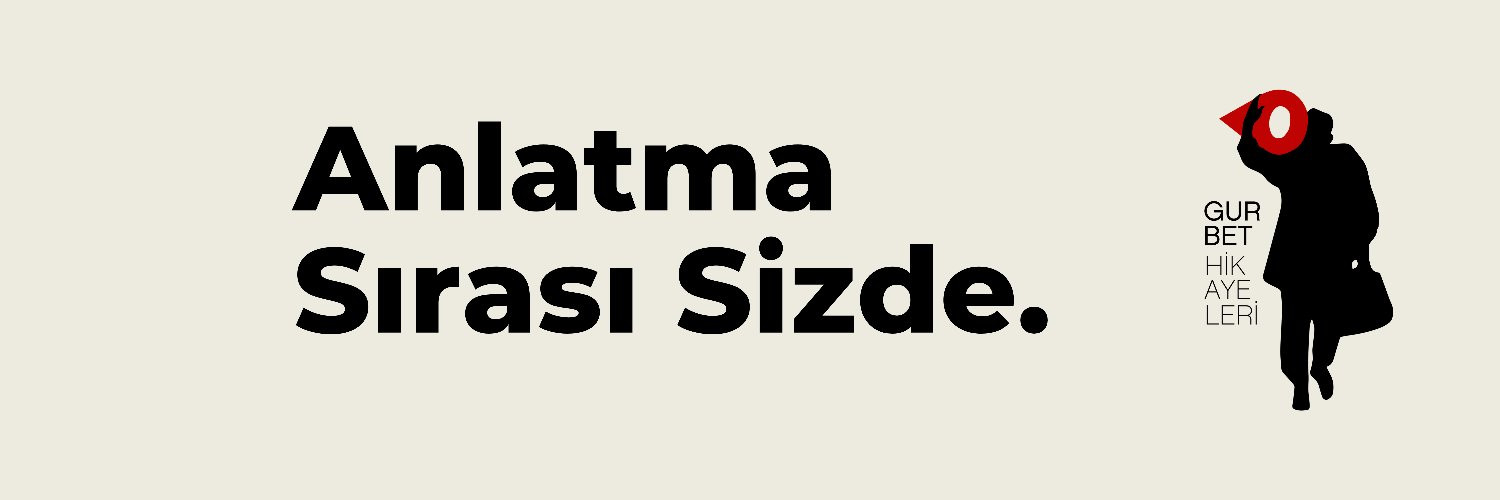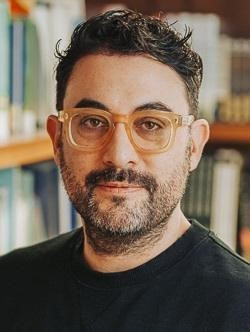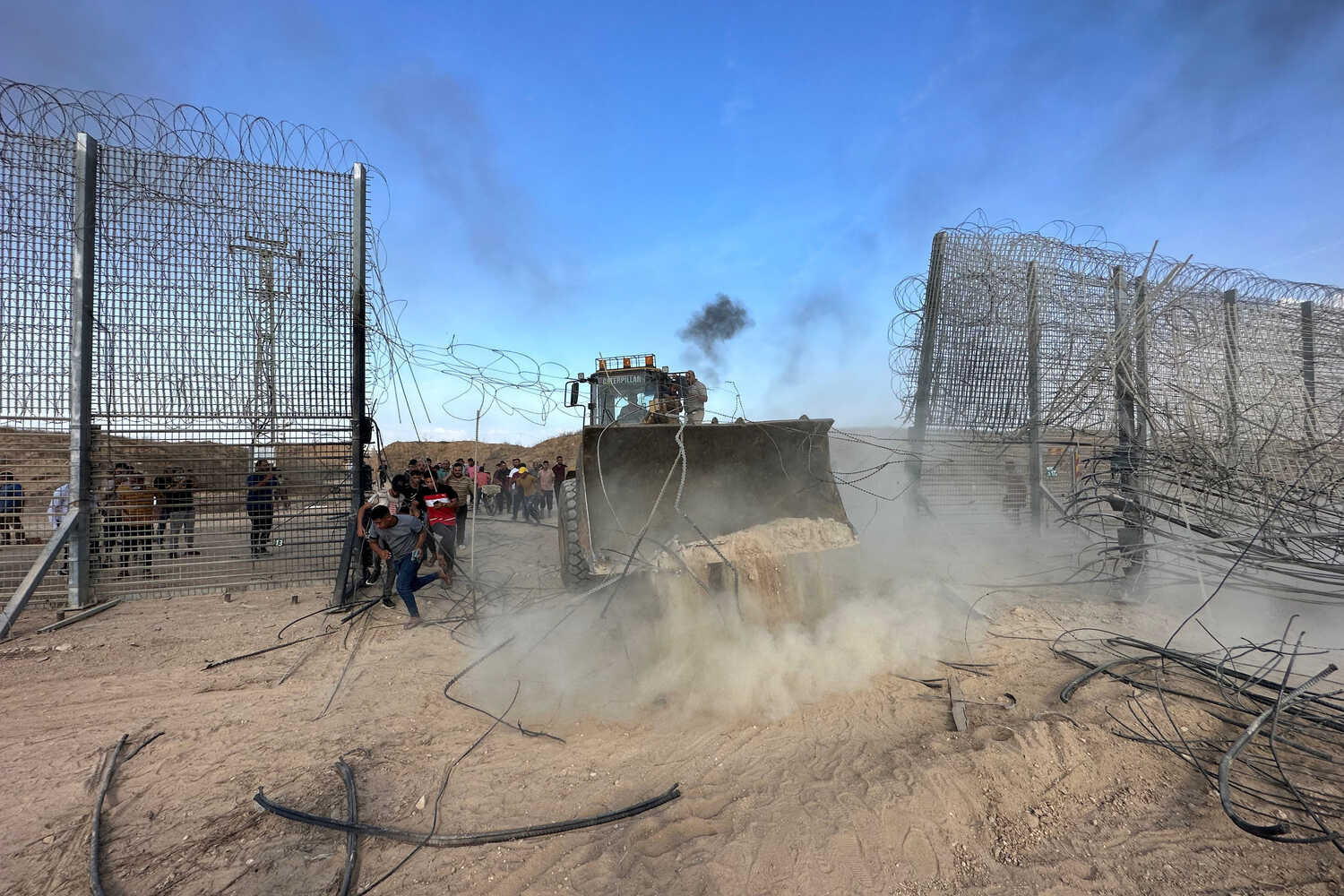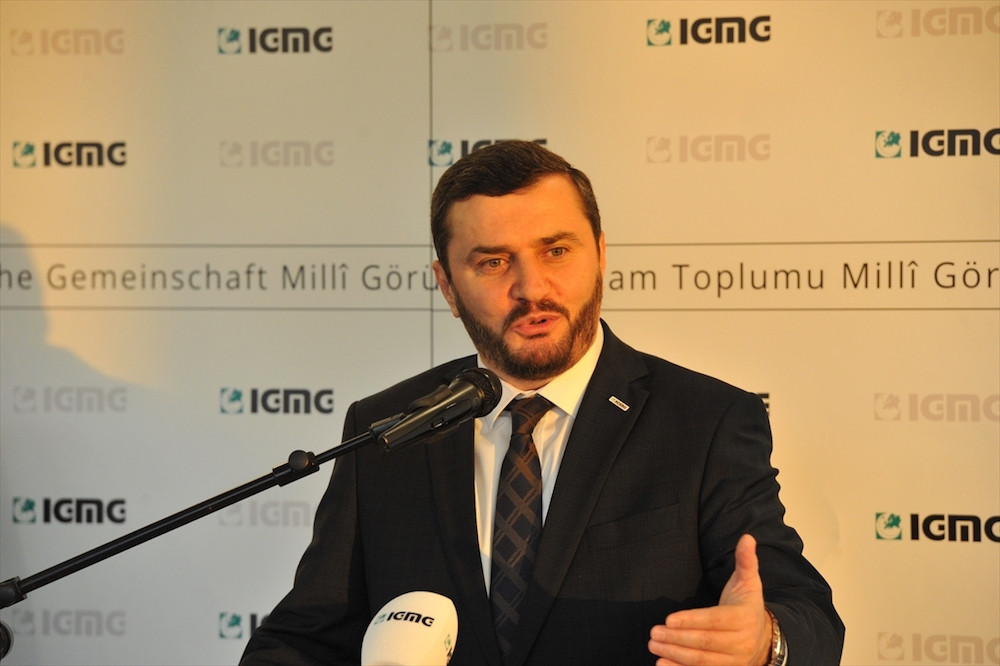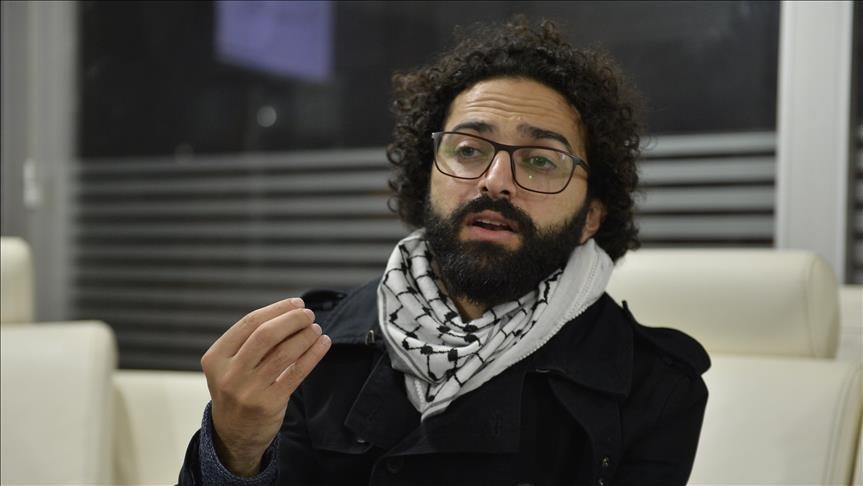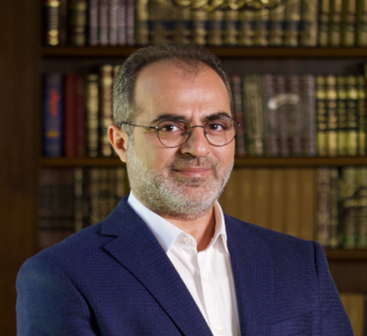
Interview with Mahsuk Yamac, Dean of Graduate Studies at Zaytuna College
Could you please introduce yourself and Zaytuna College to our audience?
Thank you very much for inviting me. I appreciate the opportunity to participate in this interview. My name is Mahsuk Yamac, and I’m the Dean of Graduate Studies as well as a full-time faculty member at Zaytuna College. I first joined Zaytuna College in 2017, and at that time, we began to develop the curriculum for the MA program in Islamic Texts. My scholarly training dates back to when I was a child in my homeland of Türkiye. I grew up studying and teaching in the classical Kurdish madrasa for over eight years, where I particularly focused on the rational and linguistic sciences. I also pursued higher education abroad in Syria and the United States. Over the course of my academic career, I’ve taught across all the rational and traditional sciences, including Islamic philosophy and the liberal arts, such as Arabic grammar, rhetoric, morphology, logic, dialectics, disputation (which is a unique Islamic science), and Arabic semantics. At Zaytuna, my courses are in the areas of Islamic philosophy and the Arabic liberal arts. I have extensive experience in curriculum design and pedagogy.
My interest in Zaytuna College is largely due to my conviction in the power of the liberal arts to train human beings not only to think correctly but to behave ethically. In the modern context, where Muslims have a growing presence in non-Muslim societies, it is more important now than ever for us to be grounded in both Western and classical Islamic traditions. My own worldview is that the truth is not confined to the East or West, so we should benefit from all civilizations for the sake of all humanity. Each civilization has its own virtues and worth. I believe that blessings and virtues are distributed amongst people and do not belong to anyone alone. At Zaytuna College, this understanding is one of the central aims that we have for the students.
In the modern context, where Muslims have a growing presence in non-Muslim societies, it is more important now than ever for us to be grounded in both Western and classical Islamic traditions.
How and why was the College founded? Do you have a target audience of prospective students?
Zaytuna College was founded in 2009 in Berkeley, California, with the mission to provide a traditional liberal arts education that combines the pedagogical approach as well as the curriculum of such a program from both the Islamic and the Western perspectives. The College has two programs, and the target audience of each is unique. For the BA-level program in liberal and Islamic studies, our aim is to train students in the Islamic sciences, the liberal arts, and the Western canon more generally. The result is a graduate who is conversant in two traditions and equipped to contribute critically to any field, whether academically or professionally. Our BA graduates go into higher education, medicine, law, philanthropy, and other important fields that positively impact society.
The MA Program in Islamic Texts specifically was founded to address a gap in higher education in Western academia. Namely, it is not normally possible for students pursuing an MA or PhD to study the Islamic tradition from within the tradition. Zaytuna’s MA program fills this gap, offering students the opportunity to delve into textual studies at a relatively advanced level while also studying and researching in the Islamic and Western academic traditions. Notably, students complete a publishable research thesis, which serves as a formidable training for PhD studies. Our MA alumni often go on to pursue PhD studies and other academic professions, such as research and teaching, at other higher education institutions.
It is stated on the official website that the institution aims to educate intellectuals “who are grounded in the Islamic scholarly tradition.” How do you integrate traditional Islamic knowledge into the mainstream education curriculum in the USA?
Technically speaking, Zaytuna College is accredited by WASC (Western Association of Schools and Colleges), which means that there are objective and consistent criteria that our college has to meet in order to issue recognized degrees at the BA and MA level, including requirements in our assessment of students and how they align with program learning outcomes. WASC is the accrediting body for other well-known universities, such as Stanford and UC Berkeley. It is a very thorough and difficult process to gain accreditation, and Zaytuna is the first and only Muslim liberal arts college that has done so in the USA. This naturally places our curriculum into the mainstream educational system.
At the same time, colleges in the USA have the ability to design their own curriculum independently. So beyond meeting the technical requirements for colleges, the pedagogical approach, as well as the courses that are taught, reflect the Islamic scholarly tradition.
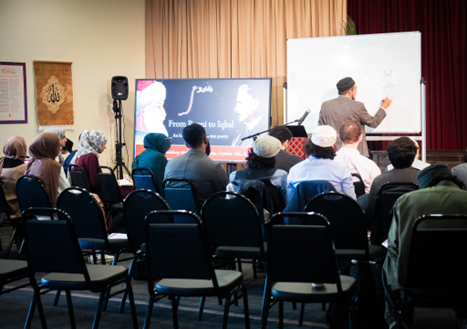
In your opinion, what role do Muslim colleges play in the overall education system in the USA? And in this sense, what challenges and opportunities do they face in the USA?
Currently, Zaytuna is the only liberal arts college founded by Muslims, which means the role of such institutions is limited in the overall education system in the USA. As a liberal arts college, we are part of an academic circle that is reviving a lost tradition. Through the efforts of our college president, Hamza Yusuf, and many of our faculty members, we engage in academic discourse with other institutions in the form of conferences, publications, and other avenues.
We also know that globally, Zaytuna College is looked upon as a standard of what an integrated Islamic and Western liberal arts education should be, and I believe we can hold the same position in the American context.
How do you think that the College addresses the challenges of balancing Muslim identity in a Muslim-minority country, affects the subject formation of Muslim identity, and shapes the worldviews of Muslim students?
The liberal arts are powerful in training and broadening the human mind. In addition, our college is not just an academic institution. The student experience is integrative and holistic, combining an academically rigorous program with lived reality. So, the study of Islamic law, ethics, and philosophy–all of these are pursued at a deep level and also practiced in their own lives. They are witnessing how Islamic values can transform and benefit their own character, as well as how those values uphold human dignity and justice for everyone.
Our goal is to produce well-rounded individuals who are conversant in two traditions and comfortable in their own skin. Because of their nuanced worldview, which is grounded both in Islamic and Western scholarship, our students are able to make meaningful contributions to the world.
Finally, how do you envision the future role of Muslim colleges in Muslim-minority countries in shaping the education and subject formation of the Muslim community?
Institution building is a hallmark for the successful integration of minorities of every kind. Without our own institutions of higher learning, it will be impossible for Muslim communities to train academics and scholars who are competent and well-versed in the educational standards of their societies while also being grounded and educated in the Islamic tradition. The problem is also cyclical: If we do not train academics at places like Zaytuna, then the professors of Islamic studies departments at all major universities and Western institutions will not accurately represent our values and worldview. So, I envision and hope for colleges like ours to produce scholars, academics, and professionals in every field because they will meet the challenges of every sphere in which they are present. For example, the students who graduated to go into medicine and law have excelled both academically and at their work, and this becomes a kind of validation for others who might want to apply to Zaytuna College. We have students who are studying to become professors as well, so we hope they will be influential and excellent scholars who can have a lasting imprint in their respective fields. All of this is only possible if we produce students who are truly grounded in the Islamic and Western liberal arts.
